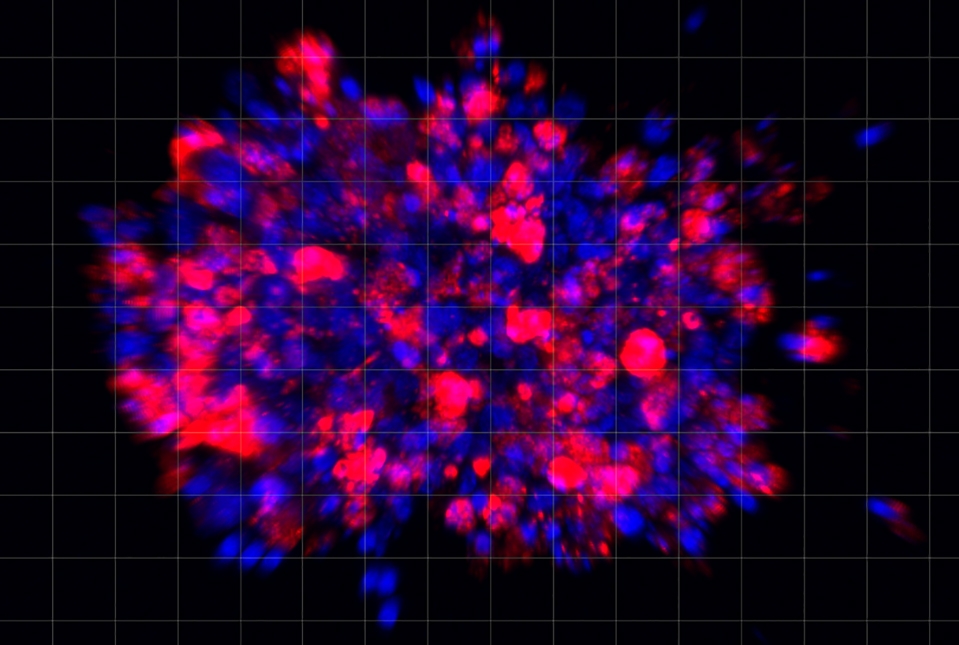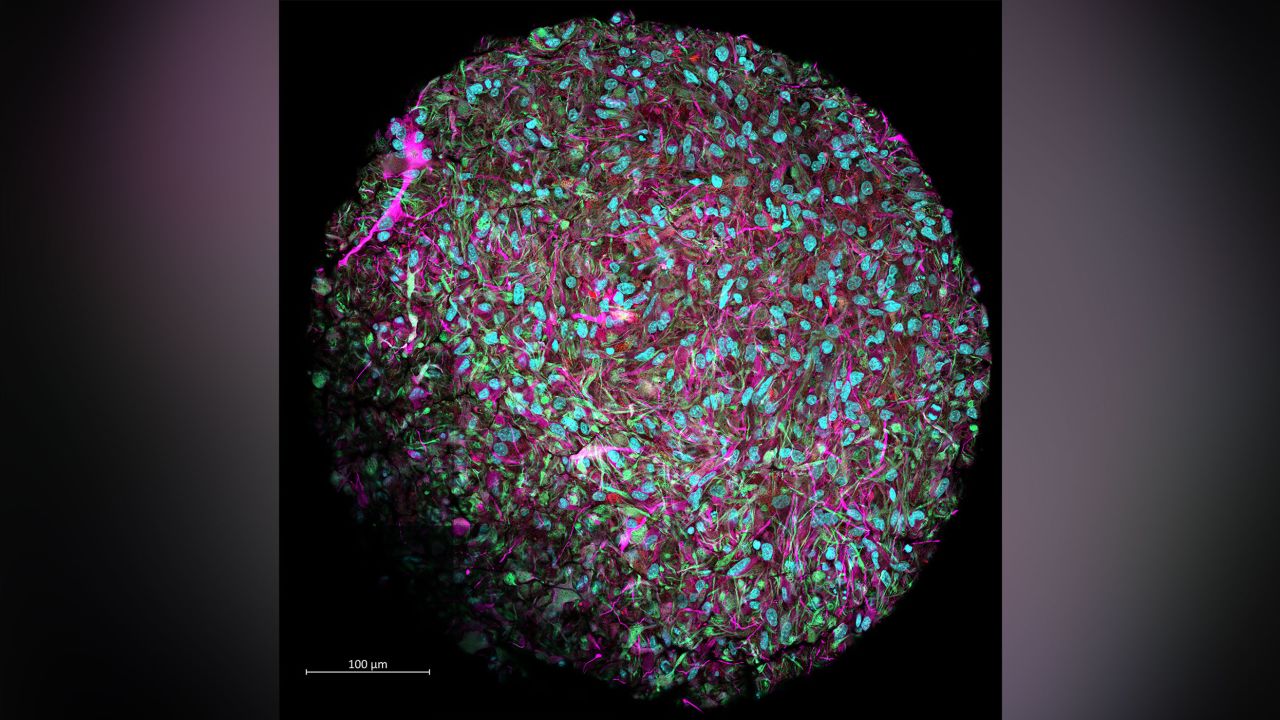A drug screening system that models cancers using lab-grown tissues called organoids has helped uncover a promising target for future pancreatic cancer treatments, according to a new study from researchers at Weill Cornell Medicine.
In the study, published Dec. 26 in Cell Stem Cell, the scientists tested more than 6,000 compounds on their pancreatic tumor organoids, which contain a common pancreatic cancer-driving mutation. They identified one compound—an existing heart drug called perhexiline maleate—that powerfully suppresses the organoids’ growth.




